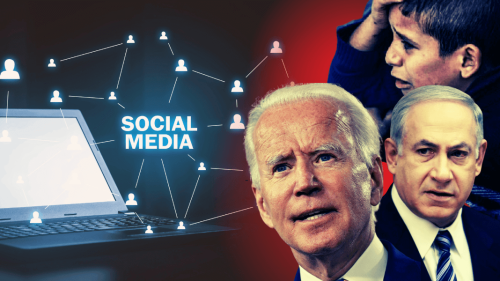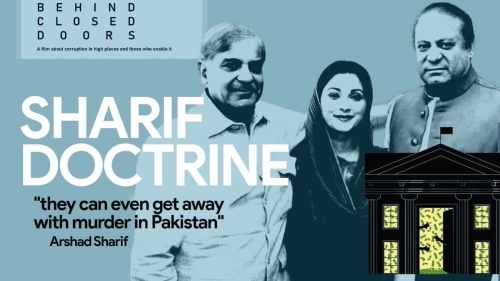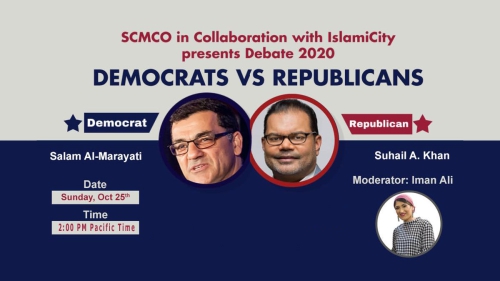Delhi Diary: Religious bill used as another tool to deny Muslims fundamental rights
The legislature of the State of Uttar Pradesh has passed a bill, which virtually bans construction of any religious place, or building or even renovation of the existing ones without permission of the district magistrate. The stated basis for the bill is that subversive activities are formulated in such places.
Publicly, the bill has been justified by the Chief Minister of the state and his colleagues as a measure to curb the activities of the Pakistani intelligence agency, ISI, by regulating the use and construction of mosques and madrasas.
Muslims fear that the district magistrates are not likely to give go-ahead for construction or renovation of mosques and madrasas in the state. Throughout the state, Muslims have taken exception to the bill.
The Governor of the state Mr. Suraj Bhan, recognized that the bill was in conflict with several Federal acts including the Waqf Act and the Religious Endowment Act. Rightfully, the Governor sent the bill to the President of the country, Mr. K.R. Narayanan for this consent. This irked some BJP leaders who obviously were hoping for swift enactment of the bill into law.
Thoughtful considerations of Muslim demands by the Governor, who himself is a BJP leader, has now raised a question mark over the fate of the Bill.
A nine-member delegation representing several Muslim organizations called on the President on February 7 and submitted a memorandum to him, urging him to 'withhold his assent' to the bill and 'return' it to the State Government for reconsideration.
The memorandum said the hasty passage of the bill has distressed, agonized and shocked the religious minorities in UP, particularly the Muslim community, which constitutes 17 per cent of the population of the State and 23 per cent of the Muslim population of the country.
The delegation drew the attention of the President towards the 'draconian and unconstitutional provisions of the bill' and the 'real motivation' behind this hasty and uncalled for legislation.
The Statement of Objects and Reasons attached to the Bill merely gives 'ensuring public order' as its only reason; but is silent on how construction of public religious buildings has caused any public order problem. The memorandum clearly stated, "it needs to be placed on record that so far no Masjid or madrasa has been prosecuted by the State authorities for involvement with the ISI."
"In any case the State has the necessary power and authority to deal with any subversive or anti-national activities. The bill will not make the State administration more efficient or effective in meeting the ISI threat. There is thus, no nexus between the provisions of the Bill and its public rationale," the memorandum stressed.
On the intent lurking behind the hasty passage of this draconian bill, the memorandum maintained in unambiguous words, "...the real object of the bill is to stop the construction of Masjids and madrasas in rural areas and to force the existing ones to close down, as well as to vilify the Muslim community and thus raise a wall of distrust and suspicion against a peaceful and law-abiding people.
"The Bill defines the terms 'public religious place' and public religious building in such a wide manner that even minor repair and maintenance works or temporary change in land use or structure shall invite its provisions. To require an institution in rural areas to obtain prior approval of the district authorities, which may be delayed or finally refused, is nothing short of deliberate and willful harassment and designed to exhaust the applicant into silent acquiescence.
The memorandum further stated: "the bill makes the violation of its provisions a cognizable offence, which is not so in the case of municipal regulation of land use or construction in urban areas." The bill denies the right of access to the judiciary, even though a fundamental right is affected and aims at making the power of denial of delay a closely protected preserve of the political Executive. This also militates against the Constitution.
"In the existing circumstances, the provisions of the bill are certain to be used to target the religious minorities in UP, particularly the Muslim community, though, on the face of it, the bill applies to all religious communities.
"The bill also violates, in particular, the religious right of a Muslim to dedicate his property to God and create a Wakf for a religious purpose, e.g. religious worship, instruction, burial, etc.," the memorandum added.
As per the Constitution of India, it is up to the President to withhold or give his consent. He may direct the Governor to send it to the state Legislature for reconsideration. If it is passed again by the legislature without amendment, it will again be presented to the President and then he will be bound to affix his signature.
If the bill becomes law, it will be another tool in the hands of the state BJP government to encroach upon the fundamental rights of Muslims and other minorities with regard to freedom of worship and religious education.

















